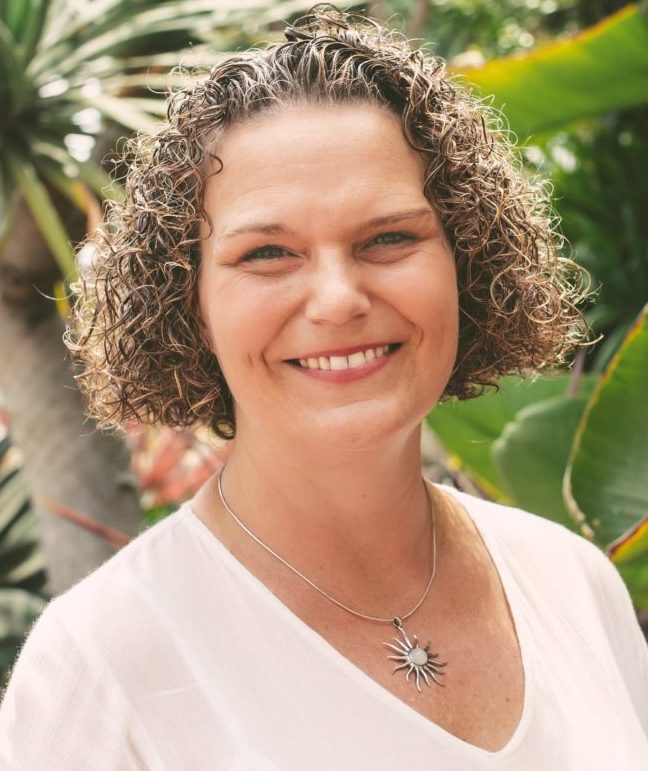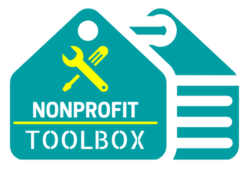 FIZKES/SHUTTERSTOCK
FIZKES/SHUTTERSTOCK
With a career spanning two decades, I have worked with hundreds of grantmakers and prepared thousands of successful grant proposals. From the local service club wanting a one-page letter to the government agency requiring a hundred-page response, every grantmaker who contributes to you has unique and varying interests. One of the most important aspects of successful fundraising is to develop the internal systems needed to honor these interests.
While all donors are unique, I have seen patterns in what grantmakers are looking for and have come to know the pet peeves to avoid. As you look to prepare a competitive proposal, here are the issues you must satisfy in order to hear “yes” to your next proposal.
Follow instructions
Grantmakers are fielding hundreds if not thousands of requests from charities. The volume of information means they too need systems to manage it. Grantmakers hate it when you can’t/don’t follow instructions. They have spent the time clarifying and defining when and how you can approach them, and your ability to follow these instructions influences their willingness to approve your grant. If the instructions convey they only want to fund food, don’t ask for money for salaries. Read the instructions once before you prepare the proposal, and again as a proofreading tool as you finalize it.
Quit playing small
Grantmakers hate it when they read your charities claim to be the “only” organization providing a particular service or program. As a charity, you may think this statement resoundingly asserts the rationale for your program. Unfortunately, the message often received is that you don’t have a command of other providers in the community or worse, you don’t play well with others. Grantmakers spend their time reading applications from organizations likely delivering services very similar to yours. The use of the word “only” invalidates your fellow colleagues who are working on the same issue, and may appear small-minded. Instead, share your value proposition and convey how your solution is unique or innovative within the ecosystem of providers in your area.
Talk solutions, not money
Nonprofit leaders eat, sleep and dream of more resources. There is no doubt you need resources to continue and expand your mission work. While you are consumed with the need for money, presenting the unmet need as a need for money is a rookie move and grounds for immediate denial from a grantmaker. As a credible charity, a big part of your job is to confirm the unmet needs of the people you serve and educate grantmakers on your solution. Grantmakers invest in solutions; your charity’s job is to deploy them. Make the solution you offer the hero of the conversation, not the resources needed. Focus on the bigger community need and how your programs/services are inching closer to fully resolving or addressing the issue.
Show them what you have, not what you don’t

Courtesy of Janeal Ford
Janeal Ford is the president and CEO of Fordable Fundraising
Grantmakers hate dependence and actively avoid putting themselves in an enabling situation. This is why grantmakers rarely support start-up nonprofits. They want to know you can keep your own lights on without their money and look to confirm that in a variety of ways. Grant applications are full of questions designed to gather information on helping them avoid supporting unsustainable organizations.
It is a norm that once you secure support, the grantmaker will continue to give each year and often view your solution as an investment. The logic follows finance and credit concepts. Those who need credit most have the biggest challenge securing it. To garner support, your charity needs to demonstrate its ability to garner resources from other places. Success begets success.
Grantmakers are allies in helping you move your mission forward and give for a variety of reasons. Honor this by taking the time to listen and understand where they are coming from.
***
Janeal Ford is the president and CEO of Fordable Fundraising and has served in the nonprofit sector for more than 20 years. As a fundraising professional, board member, community volunteer and consultant, she has helped charities raise millions of dollars. Ford received a Bachelor of Science in Sociology and a Master of Public Administration from the University of Utah and is a Certified Fund-Raising Executive.
































